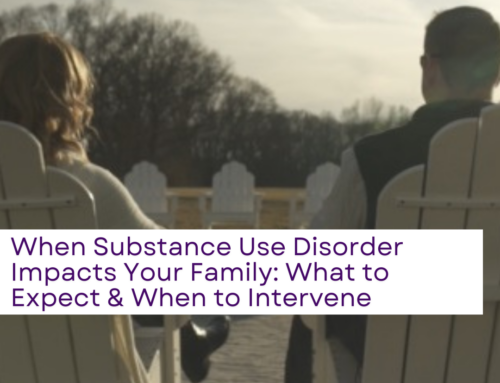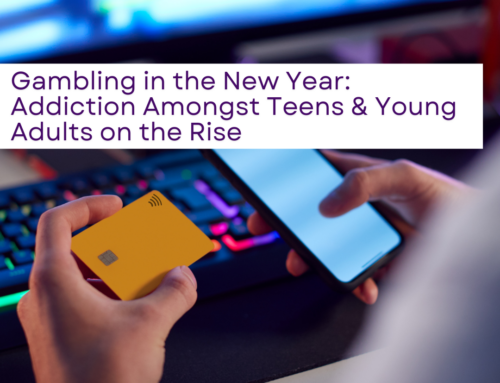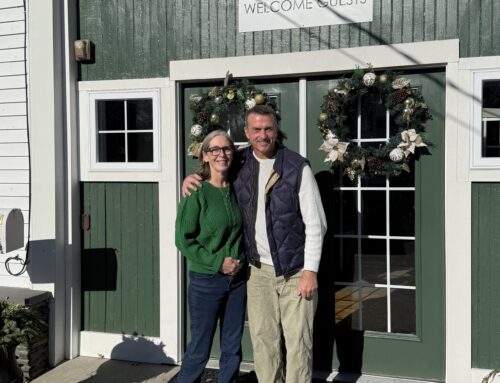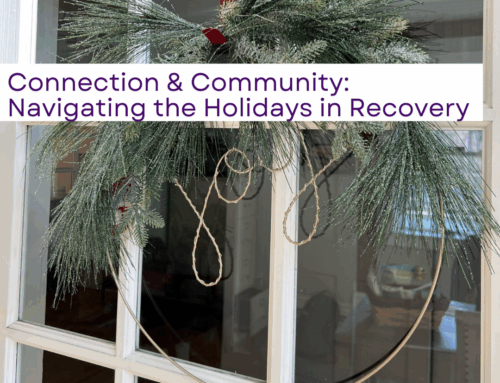The holiday season, beginning with Thanksgiving and ending with New Year’s, is a joyful and stressful time for everyone.
For people in recovery it can bring a change in routine and increased social events with work, family, and friends. While these things are all healthy and normal during this time of year, it’s important to have a plan to ensure self-care, wellness, and recovery are nurtured and prioritized during this busy time of year.
It is very possible to have a peaceful and enjoyable holiday season in recovery. In fact, many people report that sober holidays are the best they have ever had. It’s important to be realistic about the potential challenges, however, and have a plan of action to navigate – and enjoy! – the holiday season.

Be Prepared
Planning in advance is the key to enjoying the holidays and maintaining a healthy recovery. Of course, we can’t foresee all the things that could happen, but many potential pitfalls can be anticipated and planned for ahead of time. Understanding and identifying triggers and stressors is key, as is looking back on past holidays to avoid repeating patterns of behavior that could be hazardous to your recovery.
Ask yourself some key questions before the holiday season begins: What scenarios have been difficult in the past? What kinds of interactions knock you off center? Which relationships are the most stressful and how can they be managed (or even avoided)? What is your plan when you feel like you need support? How are you altering or adjusting your self-care plan to maximize your health and wellness during this busy time?
Prioritizing wellness and recovery means having an awareness of the people, places and/or things that could be problematic and planning strategies for staying sober and safe.
Have a Sober Strategy
After you have identified and examined the people, places, and things that may be more challenging during the holidays, develop a specific plan to protect your recovery in each instance. There are many options to consider as you plan for holiday events and activities. Here are some suggestions:
1) Increase Meetings. If you attend recovery meetings or other form of group support, increasing the number of meetings you attend is one proactive way to stay extra connected to your recovery community. Sometimes “bookending” a difficult event or gathering with a recovery or support group meeting is a good idea; go to a meeting before the event and after the event to give your recovery that extra boost.
2) Bring a Friend. Don’t go it alone if you don’t have to! Bring a sober friend or other support person with you to holiday parties and events.
3) Check In. Develop a “check-in” plan to help you be accountable during the holiday season (or at a specific event) and choose someone who can be available to you if you need to take quick action.
4) Have an Exit Strategy. Hope for the best, but plan for any contingency! Having an exit strategy for events, family gatherings, or any activity outside your normal routine is essential. You can’t always predict how you will feel, so it’s important to be able to gracefully step away if needed. Bring your own transportation or have someone on stand-by who can pick you up.
5) Politely Decline. Sometimes the best option is to stay away. If it doesn’t feel right, or there is doubt that a plan will keep things safe, politely decline. This is easier said than done, sometimes, as others may not fully understand why you aren’t coming or apply pressure to attend, but this is a time to prioritize your own needs and wellness.

Self-Care and the Holiday Season
While self-care is a powerful recovery tool all year long, during the holiday season it is more important than ever. Make sure you’re making room – maybe even extra room – for the things in your life that fill you up, bring you joy, and peace of mind. Major contributors to self-care, like nutrition, fitness, and proper sleep require attention during the busy holiday season. Eating foods that are rich in protein, vitamins, and minerals (and low in sugar, carbohydrates, and caffeine) help increase energy and reduce anxiety. Regular exercise also reduces anxiety, improves mood, and make your body and mind as strong as possible.
Getting enough sleep can be challenging during the holidays, with the increase in social activity, shopping, and family/work gatherings that happen this time of year. It’s important to get enough quality sleep, so plan accordingly. If you know you will be up late for an event, for example, make sure you don’t plan anything early the next morning. Stick to a regular sleep schedule as much as possible so you don’t build up a sleep deficit.
Make Time for Yourself
Invest time and energy into the things you do just for you. Carving out time for meditation, or a mindful walk, or spending quality time with the people in your recovery community are some examples of ways you can recharge and take a break from the holiday grind. If you have hobbies or activities that you enjoy, resist putting those by the wayside during this busy time of year. Having time to yourself for the things that you love to do is more important during this time of year than ever.
Be of Service to Others
The holidays are also a time of giving. When we are caught up in ourselves one of the best antidotes is to give back, and this doesn’t have to mean monetary donations. Volunteer for a cause you care about or spend time with people who are in need during this time of year. Being of service gets us out of our own heads and helps us practice gratitude for all the blessings recovery brings.
Communicate
Make sure you are talking about how you are doing with your trusted friends, family, and recovery community,

Even if you feel things are going well, it’s important to stay connected because during the holidays things can take unexpected turns and the people in your support network need to be aware of what you’re doing and where the challenges are so they can be best prepared to help you if needed. The holidays can be an isolating time for some people, particularly in early recovery if you are no longer spending time with friends and/or family who still drink or use drugs. Stay close to other people in recovery to remind yourself you aren’t alone, and there are many, many people who are living life in recovery around you.
The holiday season is full of joy, and it is a gift and a blessing to be in recovery and fully present of all the wonders of the season. By being prepared, prioritizing self-care, and staying connected to your recovery support community, this could be your best holiday season yet!
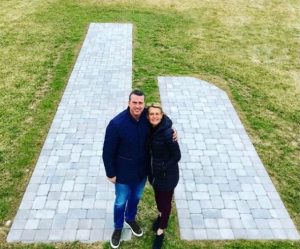
About Herren Wellness
We stand side-by-side with our guests as they do the hard work of looking at unhealthy patterns and behaviors and help them build the tools and skills they need for a sustainable and healthy recovery.
We work with guests to rediscover their purpose, passions, and strengths. We build self-care and mindfulness skills to help guests become aware, live fully present in their lives, and treat themselves with loving-kindness. We also provide the tools needed to establish healthy habits and patterns like fitness, healthy sleep hygiene, and proper nutrition. We help guests uncover and experience the things that bring joy, meaning, and purpose to their lives.
If you, or a loved one, are looking for help, please call us at (844) 443-7736, email us at info@herrenwellness.com, or fill out a contact form. You are not alone.


